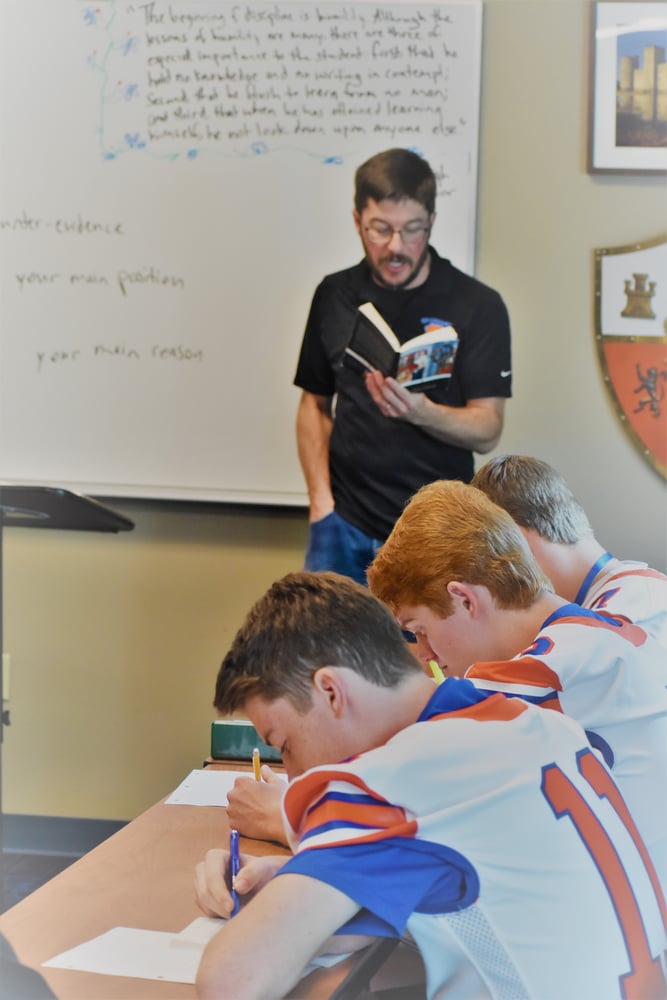
Some of us are old enough to remember the Ramones, the punk rock band that intentionally stripped-down late 70’s rock music in an effort to return what had become of “rock music” to its original forms.
Short songs.
Rebellious lyrics.
Raw guitar and rhythmic riffs.
The Ramones rebelled against 70’s rock music's tendency of ballads, elongated and symphonic production, and philosophical and political statements. They hated rock music that required attentiveness, interpretation, or any element of acquired taste. They hated Elton John, Queen, Kansas, and Bruce Springsteen.
When I was a teenager, I found Bruce Springsteen’s “Nebraska” album tedious and unattractive. I wanted music that was hard and fast and immediate. I wish now someone might have guided me through Bruce’s vast, intimate 1982 landscape because I might have learned something. I might have learned that careful consideration, limited as it might be in late adolescence, can lead toward wisdom—an understanding of the world as it is, though unredeemed.
This week, I sat in Mr. Bassett’s 10th-grade humanities class. They are reading Boethius’s The Consolation of Philosophy. Yep. Boethius. Yep. Philosophy. And it’s pre-medieval.
In the discussion I observed, the conversation circulated around Boethius’s realization that “Fortuna” (the normal, unpredictable events that envelope every person) is an unreliable guide to setting the course of one’s life. “Philosophy,” who in this book is a person, coaxes Boethius to consider his life more deliberately. Depend less on circumstance and instinct. Rely more on truth and reality. That is where true security and happiness will be found.

The challenge for 10th graders and Mr. Bassett is to stay with Boethius. To identify with his crisis, to hang with the language, to relate to his universal struggle, and to contend with the ancient form. Ultimately, to see how Boethius is just one of us, someone with a perspective on life and God and humanity that can enlighten a 21st-century teenager, all the way from the 6th century, is magical. And sometimes the magic can only be experienced in a long, deep, difficult exercise of contemplation and conversation.
The ideas in a dense text like Boethius can’t be condensed into a 3-minute song. Maybe not even a 14-minute song. But, then, there’s a lot more to be learned from “The River” than from “I Wanna Be Sedated.”



